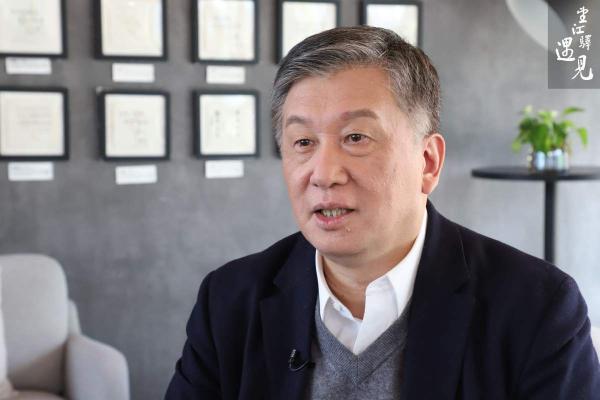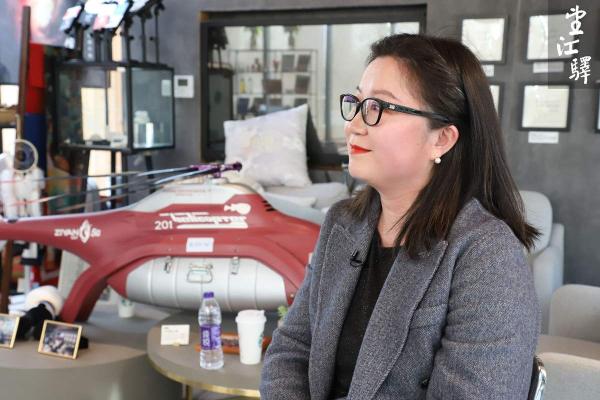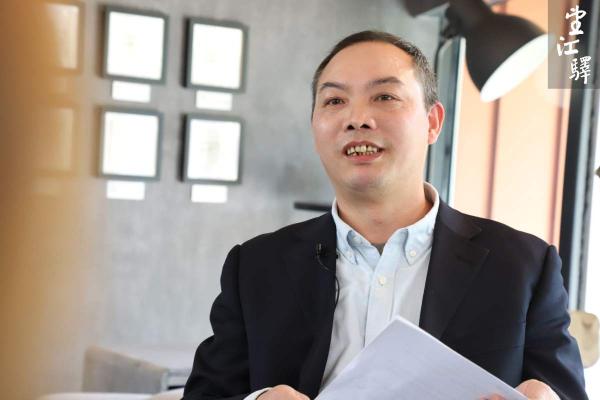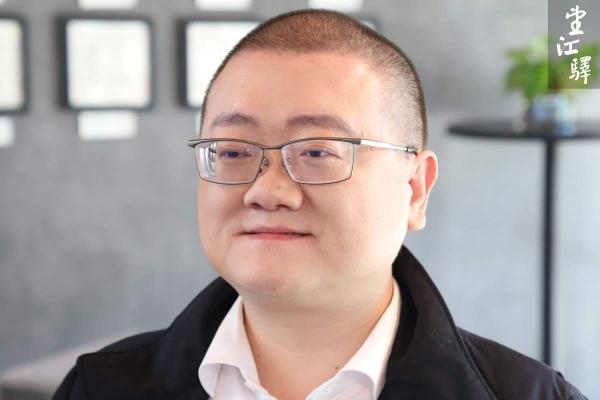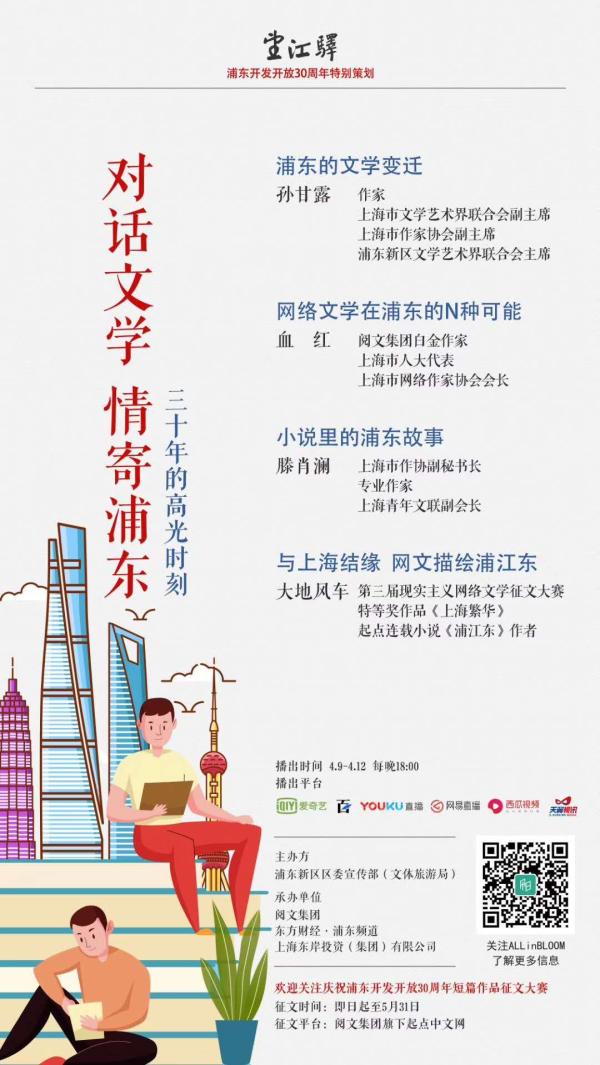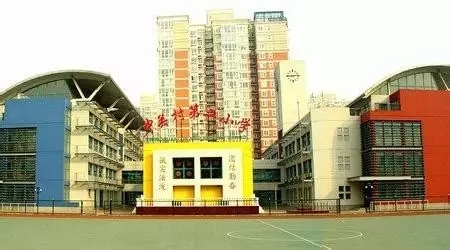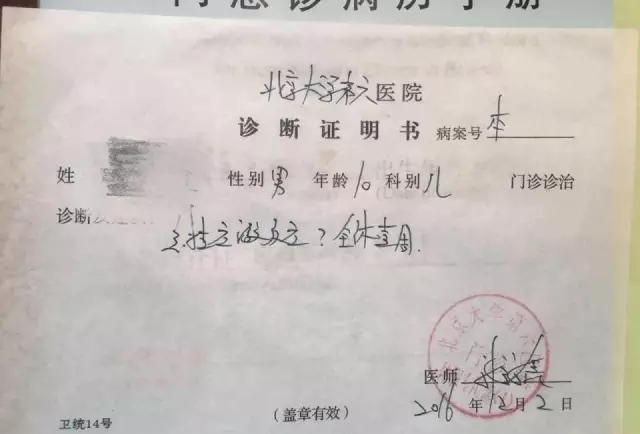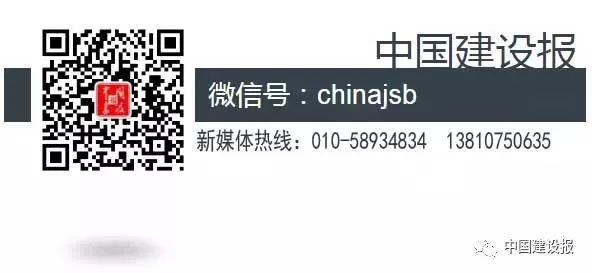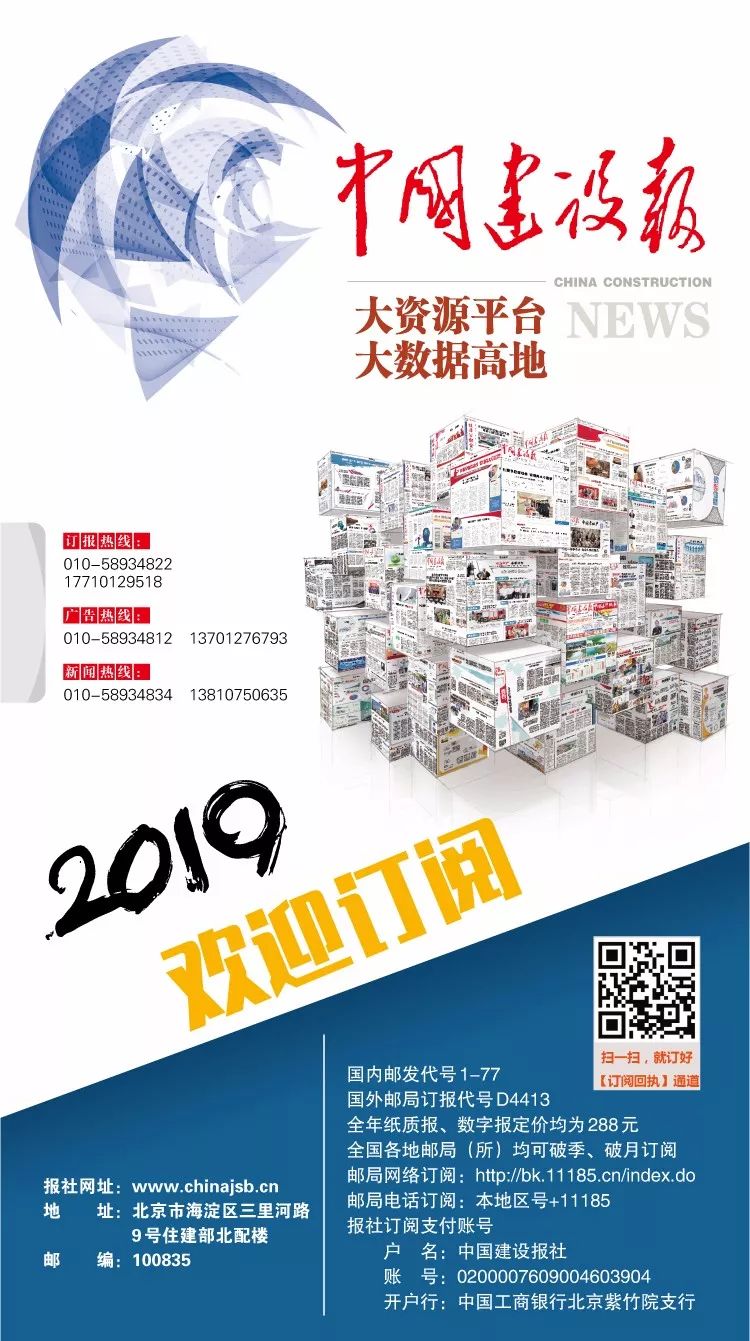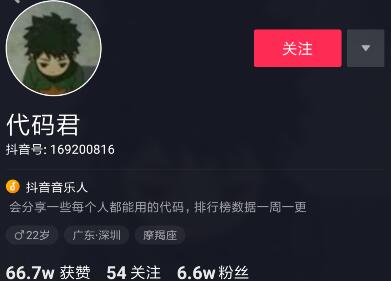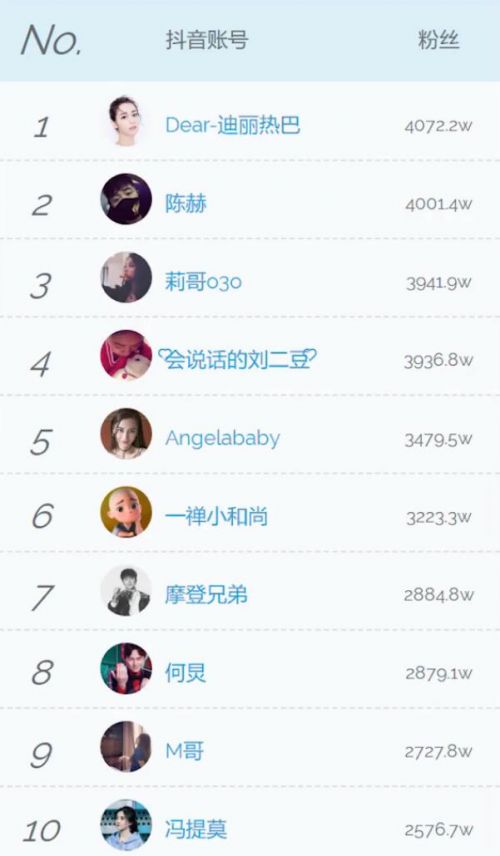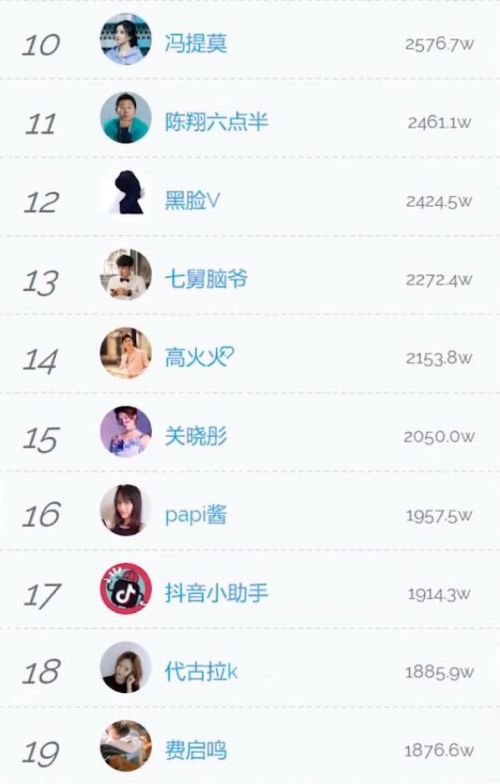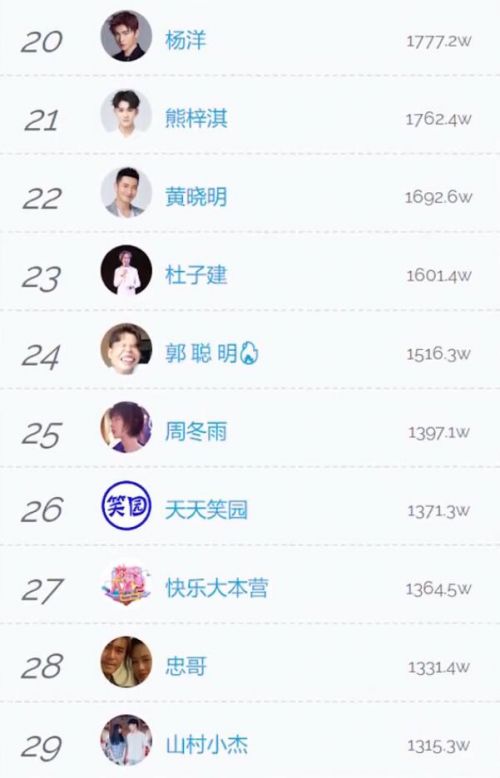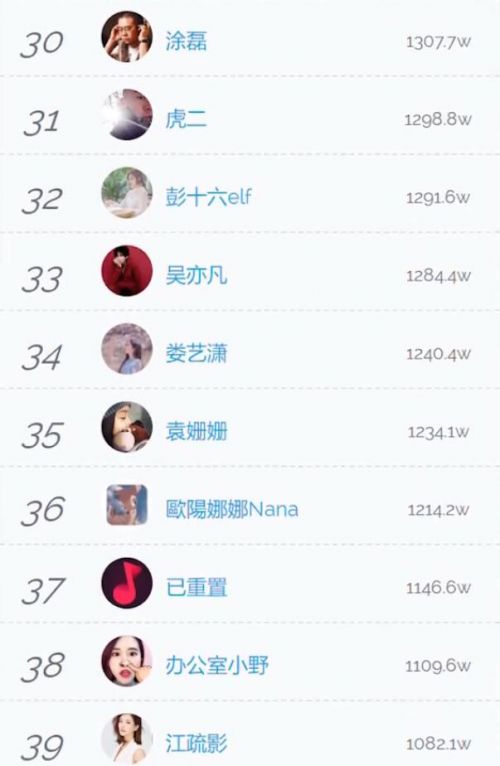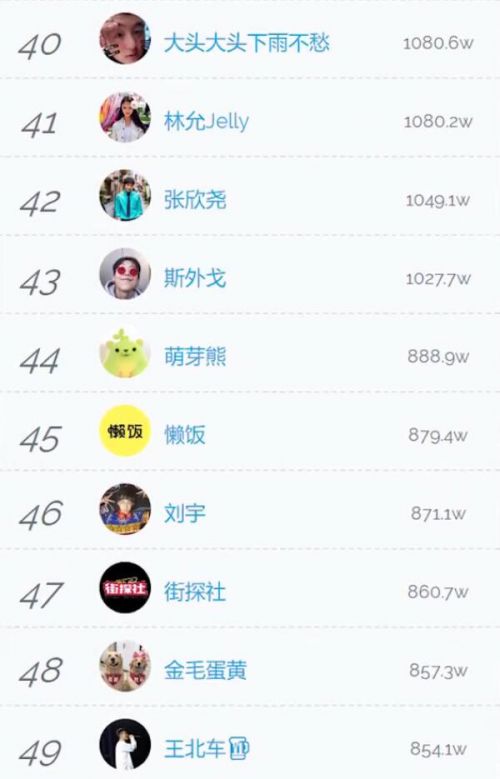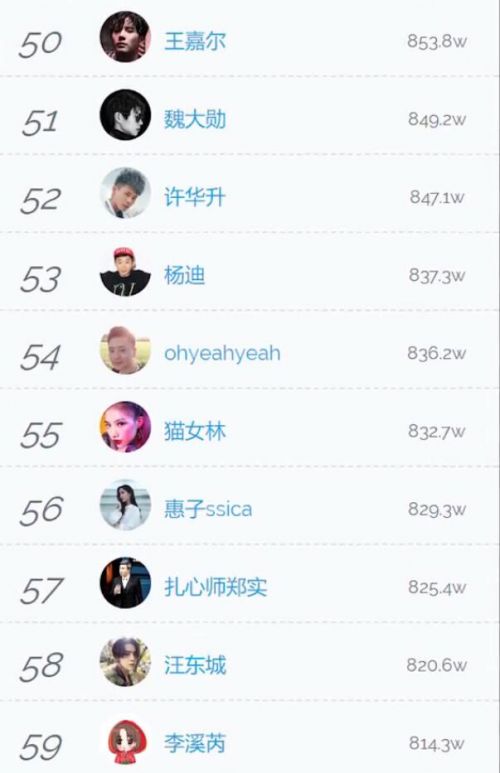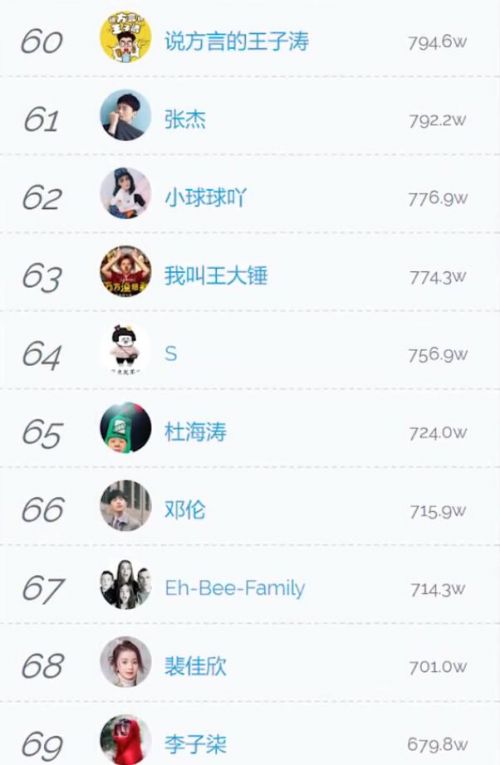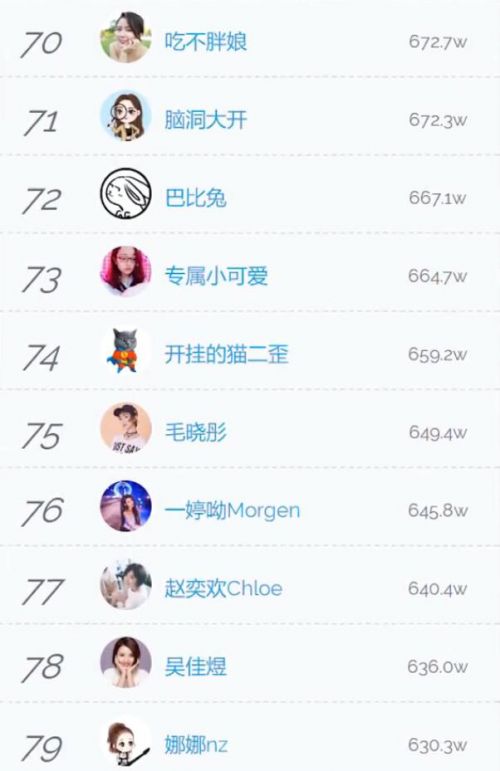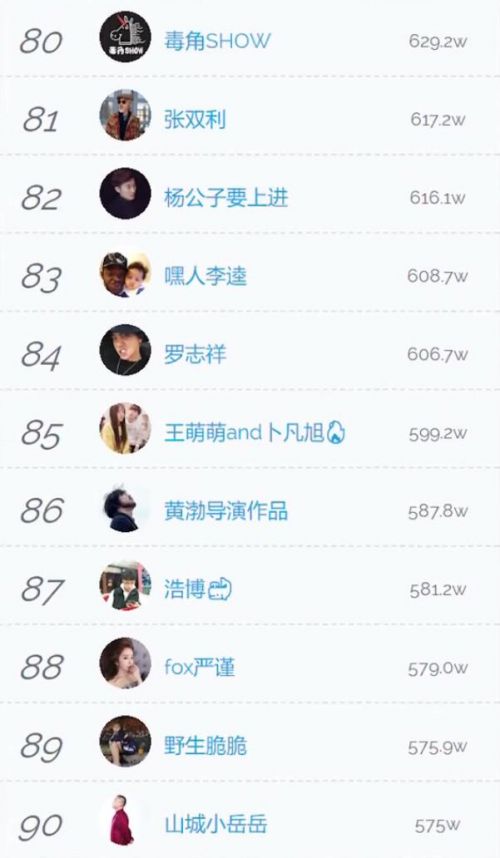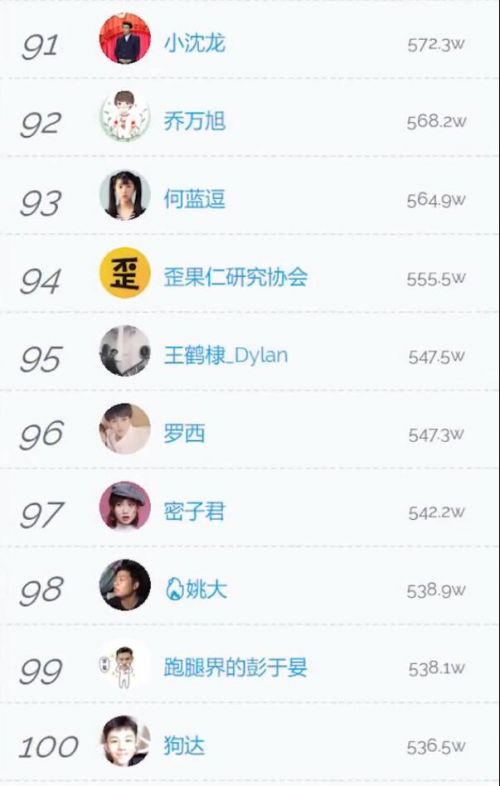Special topic: Wenchuan earthquake in Sichuan
At 5: 30 pm on May 19th, the Information Office of Sichuan Provincial People’s Government held the seventh press conference on the Wenchuan earthquake disaster. The meeting was presided over by Hou Xiongfei, Director of Information Office of Sichuan Provincial Government, and attended by Li Chengyun, Vice Governor of Sichuan Provincial Government, Qu Mushiha, Deputy Director of Provincial Development and Reform Commission, Tan Hongjie, Deputy Secretary of Communist Youth League Committee, Yang Xiuhua, Secretary General of Provincial Charity Federation, Peng Hu, Chairman of Sichuan Construction Building Materials Union, and dozens of domestic and foreign media. 
Vice Governor Li Chengyun briefed the situation.
As of 16: 00 on the 19th, the Sichuan earthquake disaster caused more than 33,570 deaths and 233,810 injuries.
Li Chengyun:As of 16: 00 on the 19th, the Sichuan earthquake disaster caused more than 33,570 deaths, 233,810 injuries and 5,260 people buried. More than 60,020 people were rescued from the ruins, and more than 4,850,620 people were temporarily resettled. The disasters in eight counties (cities) that were particularly seriously affected were: more than 2,560 people died and more than 24,000 people were injured in Wenchuan County. More than 8,600 people were killed and 9,690 injured in Beichuan County. More than 6,750 people were killed and 31,560 injured in Mianzhu. More than 3,540 people were killed and 31,970 injured in shifang city. More than 3,060 people were killed and 3,210 injured in Dujiangyan. More than 870 people were killed and 5580 injured in Pengzhou. More than 2,670 people were killed and 12,980 injured in Qingchuan County. More than 350 people were killed and 9,480 injured in jiangyou city.
According to incomplete statistics, Sichuan Province has received various donations of 1.998 billion yuan.
Li Chengyun:At present, the finance department of our province has received a total of 2.733 billion yuan of special funds for earthquake relief, of which 1.773 billion yuan was issued by the central government. The provincial and municipal governments allocated 3.077 billion yuan in disaster relief funds, including 1.895 billion yuan from the provincial government and 1.182 billion yuan from the municipal (state) government. According to incomplete statistics, our province has received various donations of 1.998 billion yuan, including 960 million yuan from the provincial finance, 568 million yuan from the Provincial Charity Federation, 371.52 million yuan from the Provincial Red Cross Society, 43.65 million yuan from the Provincial Federation of Trade Unions, 16.72 million yuan from the Sichuan Provincial Committee of the Communist Youth League, 8.11 million yuan from the Provincial Women’s Federation and 30 million yuan from the Provincial Overseas Chinese Affairs Office. According to incomplete statistics, 100,000 tents, 217,000 beds of quilts, 242,000 sets of bedding and cotton-padded clothes, 4,143 carts of food and drinking water, 38,300 tons of grain, 8.348 million medicines (boxes, bottles, branches and bags) and 242,954 pieces of medical equipment (sets, branches and rolls) have been organized. These are being urgently transported to the disaster area.
Some counties in Chengdu, Deyang, Mianyang and Aba should postpone the college entrance examination separately.
Li Chengyun:We are now making arrangements for the resumption of classes. We passed the college entrance examination yesterday. Some counties in Chengdu, Deyang, Mianyang and Aba have to postpone and take exams separately. Now, places where conditions permit should prepare for the resumption of classes.
Qumu Shiha:With regard to post-disaster recovery and reconstruction, with the care and support of the CPC Central Committee and the leaders of the State Council, the Sichuan Provincial Party Committee and the provincial government have started the preliminary work of post-disaster recovery and reconstruction. On the basis of learning from the experience of earthquake relief and reconstruction at home and abroad, we will adjust measures to local conditions in accordance with the people-oriented requirements of Scientific Outlook on Development, scientific planning, resource-saving and environment-friendly social requirements, make overall consideration of classified guidance in planning requirements, and push forward our reconstruction work step by step, so as to fully meet the needs of the people in the disaster areas and social development. Thank you.
At present, the first task of disaster relief is to save people.
Li Chengyun:Let’s answer the last question first. Now, according to the requirements of the central authorities, the provincial party committee and the provincial government are still saving people. General Secretary Jin Tao said that as long as there is a glimmer of hope, we should all make a hundred efforts to save survivors. Our current disaster relief task is to save people first, or to save people as the first priority; The second is that there is epidemic prevention, sanitation and epidemic prevention, because it also involves our whole society and the safety of each of us, so epidemic prevention is also the second important; The third is reconstruction, which Comrade Qumu Shiha talked about just now. Now it is under planning and construction has begun.
Post-disaster reconstruction should be unified in planning and adoption, and the Civil Affairs Department should be unified in management.
Li Chengyun:There are two problems with the donation of schools mentioned just now. One is that if you want to donate, you can donate to our Civil Affairs Department or to our Finance Department, but the school will contact the Education Department in the end. Because the school has a general layout, how many residential areas will build a primary school and how many residential areas will build a middle school in the future, because our future post-disaster reconstruction should be integrated with urban and rural planning, and urbanization and the construction of a new socialist countryside should be planned in a unified way. The issue of adoption is under the unified management of the Civil Affairs Department, and this method is now being studied. No other department can casually talk about adoption because we have an adoption law.
The development of Sichuan has nothing to do with the earthquake, and there is no scientific reason to say that excessive development is unfavorable to Sichuan’s earthquake-resistant work.
Reporter: Hello, I’m a reporter from Radio Television Hong Kong. I’d like to ask the National Development and Reform Commission. Some people say that excessive development is unfavorable to Sichuan’s earthquake-resistant work. Have you heard of this opinion?
Li Chengyun:I don’t know where this logic comes from. It doesn’t make scientific sense.
Reporter: because some people say that there are many chemical plants and hydropower stations built in Sichuan, it may be that if these chemical plants explode during the earthquake, there may be more casualties?
Li Chengyun:You just said that excessive development will induce earthquakes, right?
Reporter: Yeah. It’s not induced by light. Maybe many industries are in Sichuan. When there is an earthquake, it may explode, causing more casualties?
Li Chengyun: First, there was no chemical plant explosion and no chemical plant explosion caused death. This is the first earthquake. Second, you just said that over-development induces earthquakes. I don’t know when and to what extent the over-development induces earthquakes. I don’t know where this scientific basis comes from. In addition, the development of Sichuan Province, our per capita GDP is now 25th in the country. I think that the development of Sichuan has nothing to do with earthquakes. We have to speed up development and build a well-off society for all. Our current GDP is 1 trillion, and it will grow to 5 trillion by 2020.
If there are problems in the classrooms of schools in earthquake-stricken areas, they will be investigated and dealt with according to law.
Peng Hu:In this catastrophic earthquake, some school teachers collapsed, and some teachers and students were killed or trapped. We are very sad about this. Regarding whether there are quality problems in school classrooms, our construction department has organized experts to conduct safety assessment and appraisal on all houses in the earthquake-stricken areas, and the assessment and appraisal work is underway. We will evaluate and appraise the collapse of school classrooms according to relevant standards and norms. If there are indeed problems that violate the relevant national building standards and regulations, especially mandatory standards, we will investigate and deal with them in conjunction with relevant departments according to law.
Give full consideration to the children who were injured in the earthquake.
Reporter: Hello, I’m a reporter from Qiushi Xiaokang magazine in Beijing. Many children were injured in the earthquake. Many of them lost their parents, relatives and classmates. Many children have been disabled for life. I wonder if we have any resettlement measures for them in the future. Thank you!
Li Chengyun:There are resettlement measures. We have already said this time, for example, if an orphan is admitted to the college entrance examination, all the tuition fees will be borne by the government after the college entrance examination. If he is not admitted to the university, we will let the orphan go to a vocational school, and after finishing the vocational school, we will also be responsible for finding him a job. We have given full consideration to orphans, and the cost of attending vocational schools is also paid by the government, which is for senior high school, primary school and junior high school. In some junior high schools, depending on their age, whether they can take care of themselves or be raised by the civil administration will be carried out according to this method, but the cost will be borne by the government, and we will also subsidize the disabled according to the government.

Press Conference on the 18th Wenchuan Earthquake in Sichuan Province
Press Conference on the 17th Wenchuan Earthquake in Sichuan Province
Press Conference on the 16th Wenchuan Earthquake in Sichuan Province
Press Conference on the 15th Wenchuan Earthquake in Sichuan Province
Editor: Li Xiuwei
